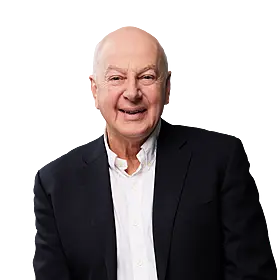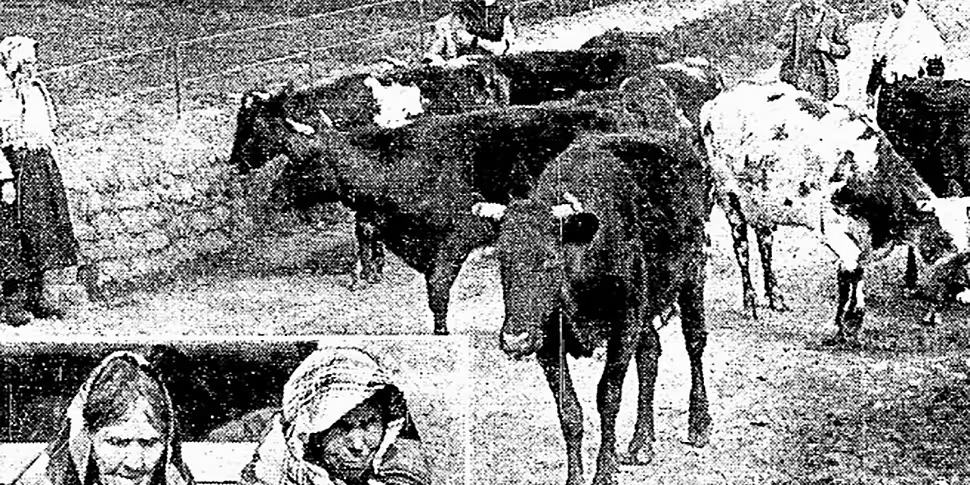As part of our Winter Season of Documentary on Newstalk, Producer Judy-Meg Ní Chinnéide investigates the peculiar history of the Meath Gaeltacht, the smallest and youngest Gaeltacht in Ireland.
An unprecedented social experiment; the Gaeltacht was created in the 1930s as part of a government policy to transfer native Irish speakers from Connemara and other Gaeltacht areas to Meath.
The story of the Meath Gaeltacht is intertwined with both the work of the Land Commission and the vision of the Irish Free State of creating an ‘Irish’ Ireland.
Although making up only a small part of the work of the Commission (which had set about redistributing nearly three million of acres of land from English landowners to Irish people), the establishment of the Gaeltacht settlements in Meath was not only aimed at helping to ease congestion on the poor land of the west, but also in the hope of preserving and promoting the Irish language.

Judy-Meg Ní Chinnéide visits Ráth Cairn and the adjoining village of Baile Ghibb to meet some of its residents, including first, second and third generation Gaeltacht migrants to Meath.
Their personal stories of farewells, new beginnings and identity are explored alongside archive newspaper articles, which shed light on the political and social landscape of the time.
This, along with commentary from Historical Geographer, Suzanne Pegley, paints a picture of the birth of a unique community that defied the odds to survive today.
‘The Making of a Gaeltacht’ is a fascinating documentary that illuminates a little-known chapter in the social and political history of the state as it explores the unusual and bittersweet history of the Meath Gaeltacht and its people.
‘The Making of a Gaeltacht’ will air on Newstalk 106-108fm on Saturday 4th February at 7am, repeated at 10pm.
You can listen live online at Newstalk.com and through the brand-new Newstalk app.
The documentary will be available here as a podcast shortly after broadcast.
CREDITS: "The Making of a Gaeltacht" was Produced by Judy-Meg Ní Chinnéide. Additional sound editing by Fearghal Saxe and voice actor was Peter Kavanagh. This programme was supported by a grant from the Broadcasting Authority of Ireland, as part of the Sound And Vision Scheme.









